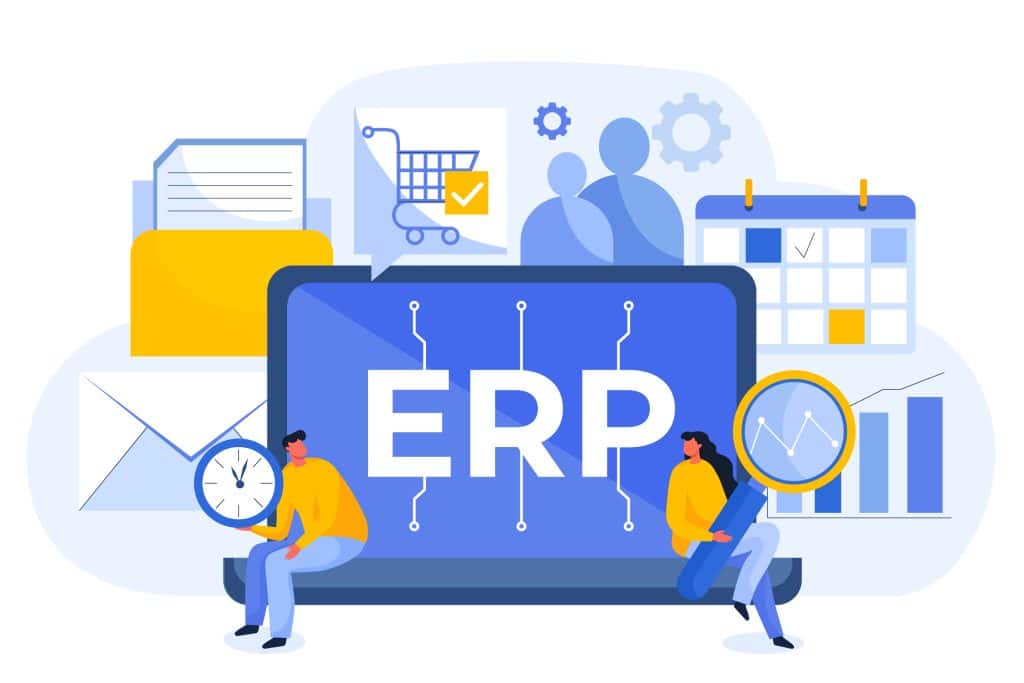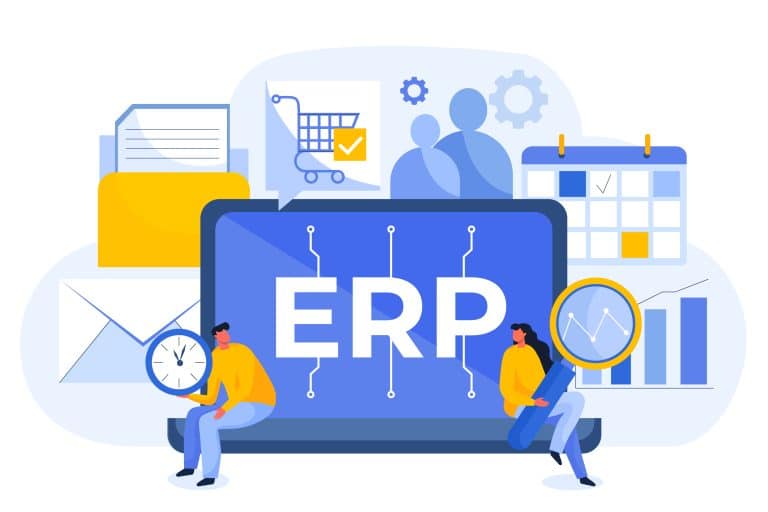Implementing an ERP system is critical for business growth, but it must be done correctly to avoid wasting time and resources. Here’s how to ensure a successful ERP implementation and avoid common pitfalls.
Knowing What You Want to Achieve
 Many businesses implement ERP systems to eliminate inefficiencies and gain accurate, timely data. Before starting, evaluate current pain points and desired improvements. Engage staff to identify recurring issues and significant time-savers. Discuss these with your ERP provider to ensure they offer the solutions your business needs. For ideas on how ERP can save time and money, see our article on ERP time savers.
Many businesses implement ERP systems to eliminate inefficiencies and gain accurate, timely data. Before starting, evaluate current pain points and desired improvements. Engage staff to identify recurring issues and significant time-savers. Discuss these with your ERP provider to ensure they offer the solutions your business needs. For ideas on how ERP can save time and money, see our article on ERP time savers.
Defining the Expectations
Set clear expectations early on with your staff to build enthusiasm and clarify project responsibilities. Defining what you hope to achieve helps communicate your needs to your ERP provider and ensures everyone knows their roles.
The Need for Expertise
 Implementing ERP requires expert knowledge to navigate the system’s complexities. Attempting a DIY approach can lead to costly errors. An experienced implementation team ensures a smoother process and better outcomes.
Implementing ERP requires expert knowledge to navigate the system’s complexities. Attempting a DIY approach can lead to costly errors. An experienced implementation team ensures a smoother process and better outcomes.
Cutting Corners
ERP implementation is a long-term investment. Cutting corners can undermine its effectiveness. Allocate adequate time and resources to set up the system correctly for long-term benefits.
Choosing the Best Solution

Every business has unique needs. Ensure the ERP solution matches your specific requirements. Ask your ERP provider about their software’s strengths, supported industries, and success stories. For more tips on choosing the right ERP software, see our infographic.
Resistance to Change
Change can be challenging for some employees. Involve staff early, encourage feedback, and appoint “super users” to assist others. Ensure your ERP provider offers robust support to reassure staff during the transition.
Careful planning is essential for successful ERP implementation. Clearly define your goals, set expectations, invest in expert resources, and choose the right software. Engage staff throughout the process and ensure they feel supported. For more success stories, see our article on how businesses have succeeded with ERP.










